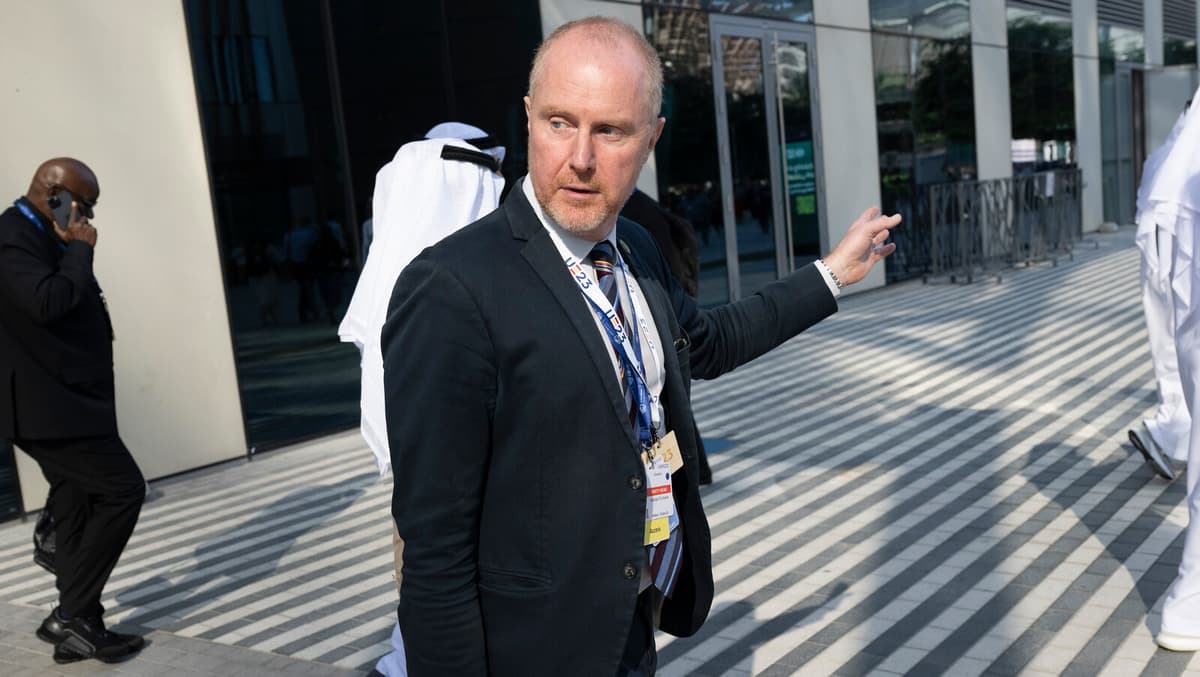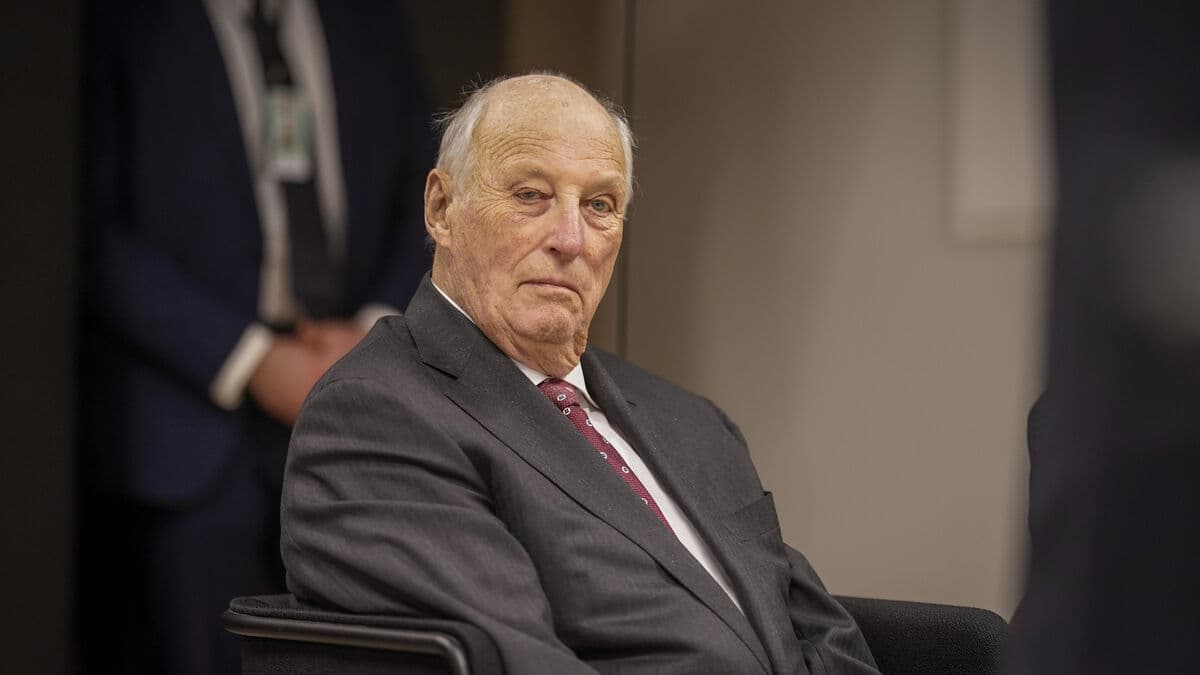Sleep, training, and power bars in your pocket – these are tricks that can make a couple of tough working weeks more manageable for Mattias Frumerie at COP29, which begins on November 11.
It's a lot of work, but at the same time, it's incredibly exciting to be on site and be part of driving the work forward, he says.
Before last year's meeting, Frumerie called it the toughest so far. And it can be tough this year as well, when money is in focus. One of the main issues at the climate meeting is to agree on a new goal for how much donor countries should contribute per year from 2025. The last time such a decision was made was in 2009.
Question of formulation
There is a proposal on the table for 1,400 billion dollars per year. We from Sweden and the EU do not think that is realistic. But we have a floor of 100 billion, so it will land somewhere in between. But it can get messy because it's about money.
Another big question is who should pay?
We would like to see more countries contributing, like China and the Gulf States. The problem for them is not the money, but that they do not report their financing in the same way as other donor countries. The reason is that they do not want to be counted as part of the group that, within the Paris Agreement, is categorized as developed countries, says Frumerie.
If they were categorized as developed countries, their fear is that they would have to sharpen their climate work and reduce emissions more.
But I am positive that we can find a formulation in the text that allows them to contribute more without feeling trapped.
Oil-producing host
What does it mean that the climate meeting is once again being held in an oil-producing country?
I would say that it doesn't play a major role, we do our work regardless of where we are. Last year in Dubai, fossil fuels were mentioned for the first time in the final documents, which can be said to contradict the host country's influence.
Sweden's climate policy has led to increased emissions in 2024, and the government recently said no to building a large number of wind farms. Does our policy at home affect our credibility in the negotiations?
It will certainly raise questions, but I believe that we have a strength and a breadth in how we work to reduce emissions, where many different sectors are involved. We have come a long way in the work of transformation, which arouses curiosity among others.






